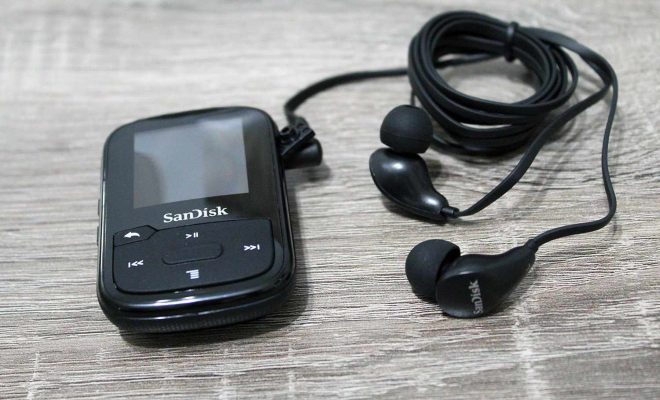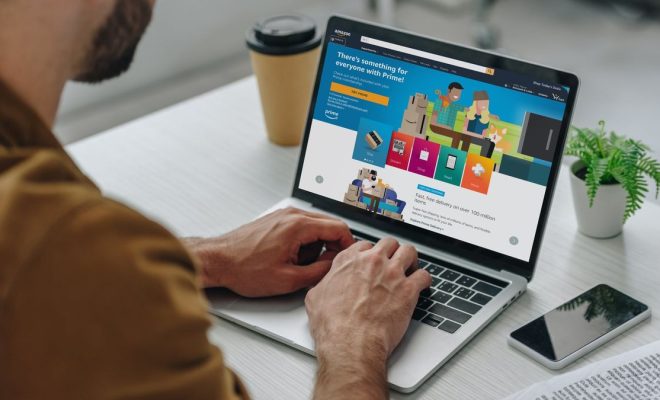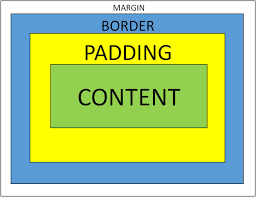TLDR: Its Meaning, Correct Usage, and Examples

TLDR, or Too Long; Didn’t Read, is a well-known acronym that has become increasingly popular in recent years. It is commonly used in online forums, social media, and in everyday communications to summarize lengthy texts, articles, or essays. Whether you’re a student, a professional, or just someone who loves to communicate online, it’s important to understand the meaning, correct usage, and examples of TLDR.
The Meaning of TLDR
As previously mentioned, TLDR stands for Too Long; Didn’t Read. It is typically used to indicate that the content of a text, article, or message is too lengthy and has not been read in its entirety. This acronym is often seen in online forums or social media platforms where users are usually bombarded with a large amount of information.
The Correct Usage of TLDR
The correct use of TLDR depends on the context of the communication. When used correctly, TLDR can be an effective way to summarize lengthy texts or articles in a concise and digestible way. It helps people to quickly read the most important points, without having to spend their time reading through the entire text.
However, it is important to use TLDR appropriately. For example, if you’re writing a thesis or academic paper, using TLDR may not be the best option. In such cases, it’s essential to write a clear abstract that summarizes the main points of the article or paper in a more professional tone.
Examples of TLDR
Here are some examples of TLDR that you might come across in your online communications:
Example 1:
Post: “Hey guys, I just finished an amazing book. I highly recommend it!”
Comments:
“Can you give us a TLDR?”
TLDR: “The book is amazing, you should read it!”
Example 2:
Article: “The Importance of Vaccinations: Why they are crucial for public health”
TLDR: “Vaccinations are critical to public health, and have saved millions of people from deadly diseases throughout history.”
Example 3:
Email: “I wanted to share with you my thoughts on our next marketing campaign.”
TLDR: “I have some ideas for our next marketing campaign that I’d like to discuss with you.”






